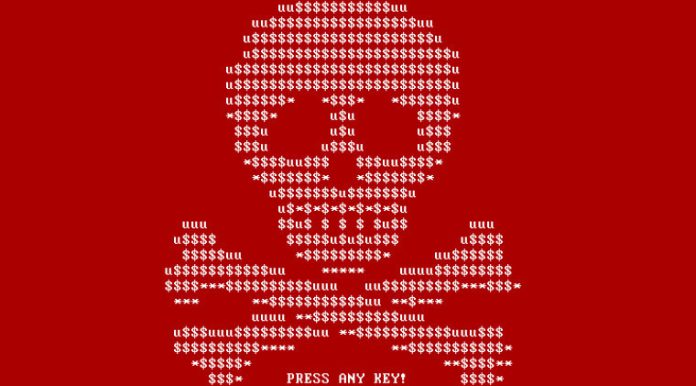The cybersecurity world has witnessed a landmark achievement as Operation Cronos, a collaborative effort spearheaded by the UK's National Crime Agency and the US Federal Bureau of Investigation (FBI) alongside partners from ten countries, has successfully dismantled the operations of the LockBit ransomware gang. On February 20, the coalition managed to seize over 30 of LockBit's servers, in addition to procuring valuable data including source codes, decryption keys, and affiliate information, leaving users of the ransomware with a shutdown notice adorned with a twist of humor.
A New Approach to Cyber Takedowns
Historically, law enforcement agencies have adopted a straightforward approach when seizing criminal online operations, typically replacing illegal content with legal notices. However, in the case of LockBit, authorities opted for a more novel strategy, incorporating humorous elements into the shutdown notice. This not only served as a moment of levity in the otherwise severe realm of cybersecurity but also symbolized a psychological blow to the operations of one of the most formidable ransomware syndicates since its emergence in 2019.
LockBit has been notorious for targeting state agencies and major corporations worldwide, amassing an estimated $100 million through its sophisticated business model. The gang operated by engaging affiliates to carry out cyber attacks, providing them with necessary tools and handling negotiations, all while maintaining a significant online presence on the dark web, complete with bug bounty programs and marketing campaigns aimed at recruiting more criminals to their cause.
Ramifications and Responses
Despite the initial success of Operation Cronos, the reemergence of LockBit and its spokesperson ‘LockBitSupp' just five days following the operation raised concerns about the durability of such takedowns. LockBit's swift recovery and continuation of its operations underscore the challenge law enforcement faces in permanently disrupting the activities of sophisticated cybercriminal networks. However, the FBI has expressed readiness for ongoing confrontations, highlighting the acquisition of decryption keys as a means to aid victims of LockBit's attacks.
The incident has spotlighted the resilience of ransomware gangs and the difficulties in completely neutralizing such threats. Experts suggest that more refined disaster recovery protocols among criminal networks, along with the inevitable evolution of cybersecurity infrastructure, play a crucial role in this ongoing battle. Furthermore, the role of cryptocurrency in facilitating ransom transactions has been identified as a critical area for regulatory intervention, suggesting that financial regulations might hold the key to undermining the economic foundations of cybercrime syndicates. Last month, authorities in the US put a $15 million bounty for information on LockBit and affiliates.
In conclusion, while the innovative takedown of LockBit by international law enforcement agencies marks a significant victory in the fight against cybercrime, it also highlights the complexities and continuous nature of this global challenge. The operation not only showcases the escalation in cyber police work but also underscores the necessity for cohesive governmental and financial strategies to address the root causes of cybercrime.






